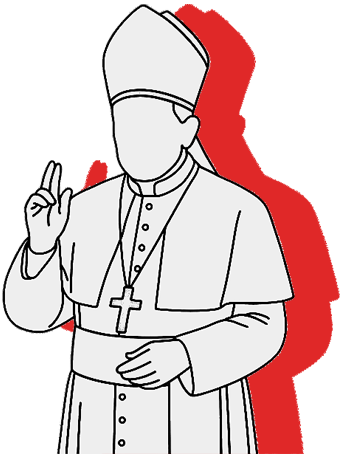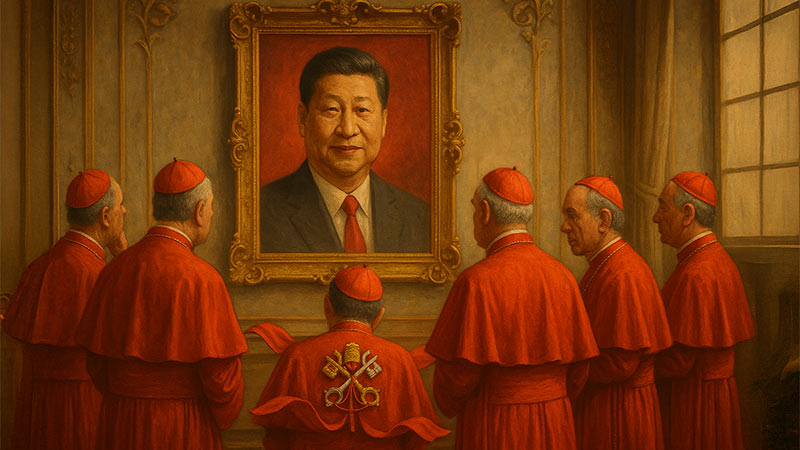By Phil Lawler | Catholic Culture | May 01, 2025
Today once again I’m asking myself: Why?
Why did the Chinese Communist Party (CCP) choose this week, during the papal interregnum, to announce the “election” of new Catholic bishops without papal approval, in apparent* violation of their secret agreement with the Vatican?
Let’s start with the most obvious explanation. The CCP realizes that the new Pope might not be as accommodating as Pope Francis. So rather than wait, nominate a candidate, and have the new Pope refuse to confirm the choice, they acted now to create a fait accompli. You can imagine the explanation: “Well, we would have asked for papal approval, but there was no Pope to ask.”
But it’s a bit more complicated than that, isn’t it? CCP officials surely know that Cardinal Parolin, the Secretary of State, is among the leading candidates for the papacy. Since he is the chief architect and defender of the secret agreement, it stands to reason that he would continue the same conciliatory policy toward Beijing if he became Pontiff. So you would expect the CCP to welcome that prospect.
Yet by announcing these “elections” just before the conclave, the CCP exposed the weakness of that secret Rome-Beijing accord, and thereby damaged Cardinal Parolin’s standing. Other cardinals (most notably the redoubtable Cardinal Zen) have denounced the agreement as one-sided, and predicted that Beijing will honor the deal only when it suits the purposes of the CCP. This week’s announcements confirm that prediction, and cast shadows on Cardinal Parolin’s reputation as a skillful negotiator. Again, one has to assume that Chinese leaders could foresee that result.
So did Chinese leaders actually want to slow down the Parolin-for-Pope movement? Or do the CCP chieftains simply not care what Rome thinks, because they’re going to do what they want regardless?

